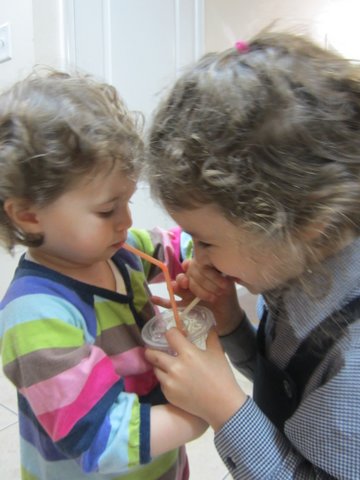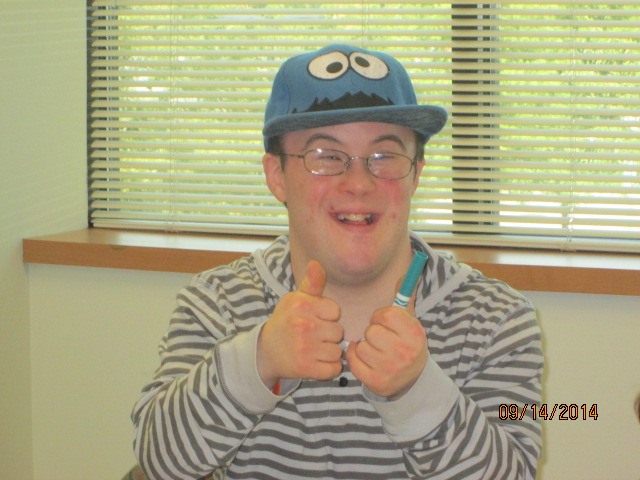I Want to Volunteer: Whom Should I Call?

Visiting the homebound, raising money, cooking and delivering food, running Chinese auctions and plays, providing money to the underprivileged, helping the childless, providing support for the physically and mentally ill, and a myriad other tasks are done by workers who are never paid for their time, energy, and devotion. I’m talking about volunteers, of course, and we all know people who devote hours and hours, days and nights, to helping others. What motivates them? Why do they do what they do?









